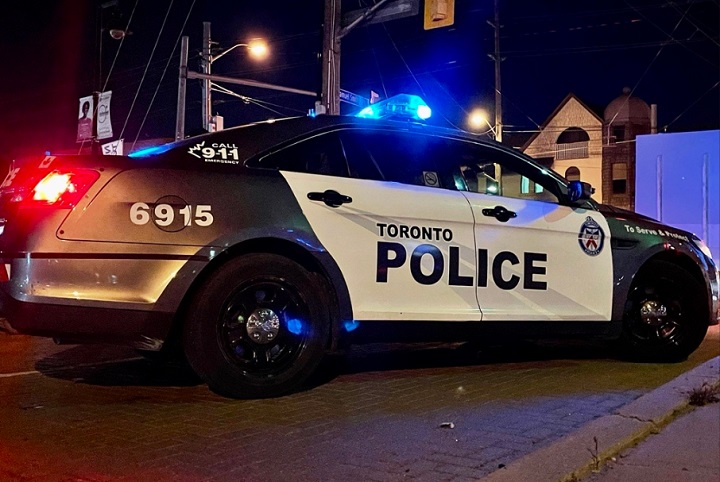Pastor reminds Halifax police brutality, disrespect are not part of their jobs
Posted March 19, 2018 6:57 am.
Last Updated March 19, 2018 10:40 am.
This article is more than 5 years old.
HALIFAX – A Halifax pastor used a service against racial discrimination to urge police to never use brutality or unnecessary roughness in carrying out their duties.
Rhonda Britton told officers gathered at the Cornwallis Street Baptist Church that disrespect, vulgar language and violence should not be employed in the way they police the city.
“Unnecessary roughness is not a part of your job. Disrespect of persons is not a part of your job. Profanity is not a part of your job. Brutality is not a part of your job,” Britton said, turning multiple times during her sermon to address police members in attendance, including the police chief.
Speaking at the International Day for the Elimination of Racial Discrimination on Sunday, she repeatedly stated that police, politicians and others need to speak up to help address inequalities faced by African-Nova Scotians.
“This community is a vital part of this city and we deserve the care, the attention, the facilities and the amenities given to every other community, and we might deserve more because we’ve been neglected for so long,” Britton said.
“Your silence makes you complicit.”
Police Chief Jean-Michel Blais said he attended the service to show support for the elimination of racial discrimination. Halifax Mayor Mike Savage, a municipal councillor and two provincial politicians also attended.
Halifax police Insp. Dean Simmonds said he had been racially targeted and discriminated against.
“Don’t pass judgment or make assumptions because of what you may have been conditioned to until you’ve taken the time to truly try to understand,” Simmonds told the crowd.
“Imagine waking up every day feeling like you have to put a piece of armour on to protect yourself from what’s outside your doors.”
He wouldn’t comment on the force’s controversial practice of police street checks, which have been one focus of the Board of Police Commissioners after data was released showing black people are three times more likely to undergo such checks.
Blais has supported the practice, saying it helps with policing. The data is being reviewed by a third-party for a study, with recommendations expected this year.
(Global News)










